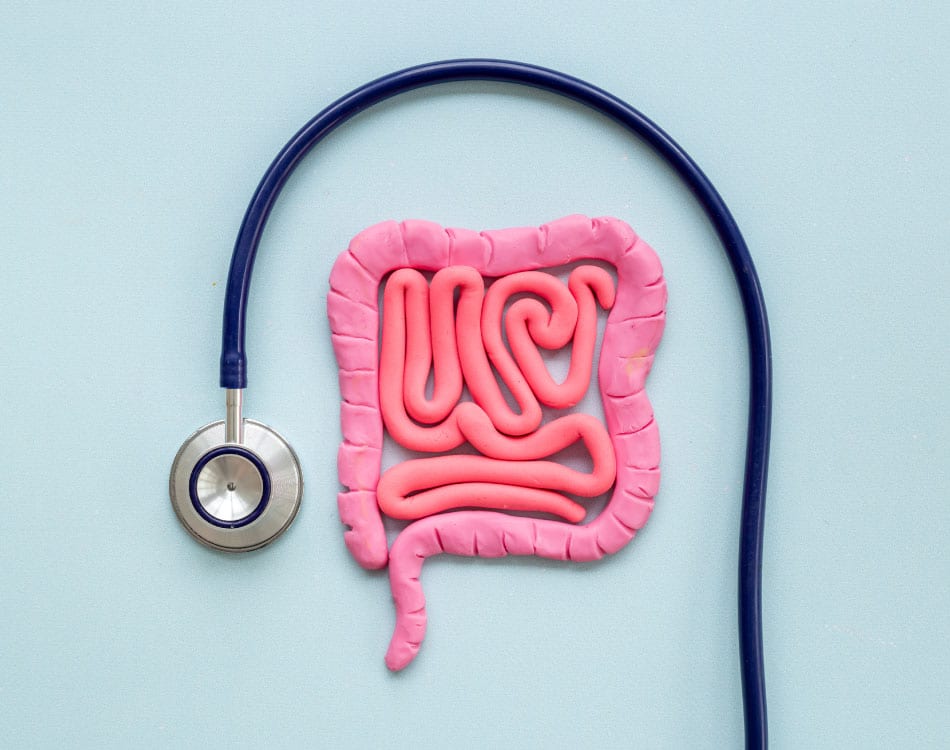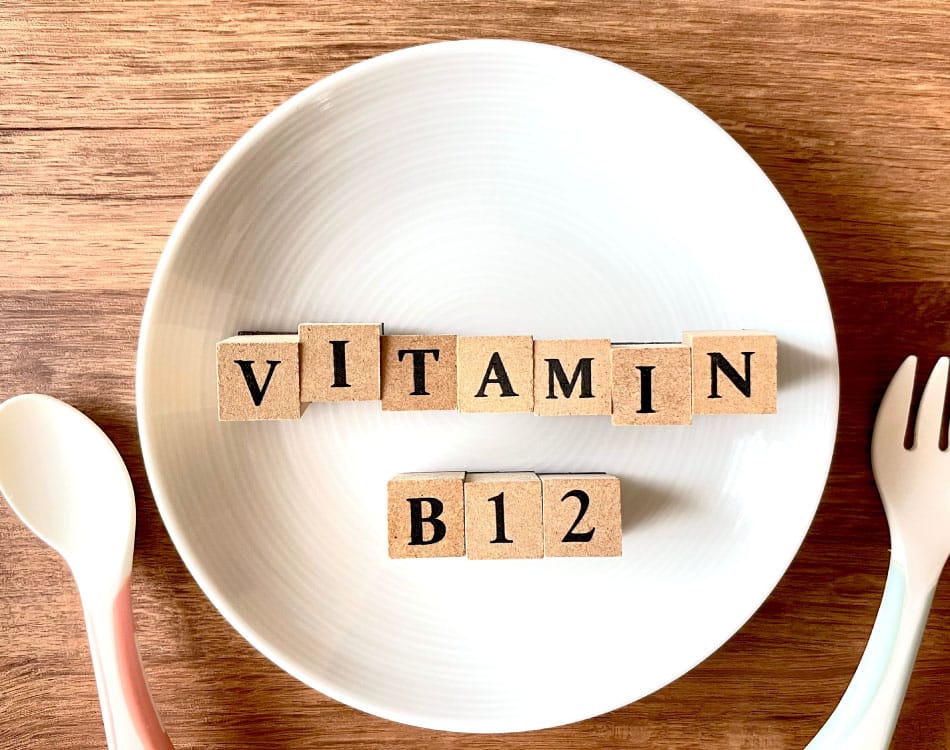Are you constantly feeling tired or bloated? Do you suffer from severe nausea, sinusitis and dark circles under your eyes? If you answered yes to any of these questions, you may have a food intolerance.
Food intolerance occurs when the digestive system is unable to produce the right quantity of enzymes or chemicals to digest a particular type of food or ingredient. The reactions can be delayed by up to 48 hours or more, and the effects can be cumulative. While not life threatening, the effects can have a major impact on your health and quality of life.
Causes of food intolerance
Allergies occur when food is not properly digested and/or partially digested food comes into direct contact with the immune system, triggering it into action. These immune reactions may cause a wide variety of effects such as fatigue, eczema, weight gain, fluid retention, arthritis, conditions such as Irritable bowel syndrome (IBS), migraine headaches, Cohn’s Disease, rheumatoid arthritis, infantile colic and childhood ear infections.
Other causes can include:
- An enzyme defect: An inadequate supply of the enzymes needed to break down food causes some of the food (if not all) to remain in larger components, unable to pass into the blood stream from the small intestine.
- Pharmacological: Common chemicals found in foods, such as caffeine, salicylates and naturally occurring chemicals like histamines, or food additives like sulphites can react with the body.
- Drugs: Combinations of certain food compounds and medications can also lead to food intolerance.
- Toxic compounds: A number of foods contain naturally occurring toxic compounds, which interfere with the digestive system.
Types of food intolerance
Lactose intolerance results from a deficiency of the enzyme lactase, which is needed to digest the sugar in milk. A lack results in bloating, abdominal pain and often, diarrhoea when consuming milk.
A gluten intolerance is caused by an abnormal immune response to the major protein in wheat barley, rye and oats. This, at times, leads to Celiac disease.
A fructose intolerance is a rare genetic disorder associated with fructose metabolism. This occurs due to a deficiency of the enzyme, aldolase B and often results in severe headaches, nausea, numbness, IBS, heart palpitations and disturbed sleep.
Intolerance to yeast is also very common. There are a wide variety of symptoms from yeast sensitivity, which include headaches, breathing problems, abdominal cramps, skin problems and mood swings.
Treating a food intolerance
Treatment for food intolerance is based on avoiding or reducing your intake of problem foods and treating symptoms when they arise. An elimination diet is often the most accurate ways to test for food sensitivities and to ensure that potential food allergens are removed from the diet completely.
How to do your own elimination diet:
- Eliminate all common allergens such as wheat, gluten and dairy, as well as foods and drinks that you consume frequently and you know cause problems or make you feel ill.
- Eliminate foods and drinks which you crave and things you think you can’t do without. Did you know that we often feel we need foods that we are sensitive to.
- Once the symptoms being treated are alleviated, add specific foods back into the diet one at a time and note which foods cause a recurrence in symptoms.













